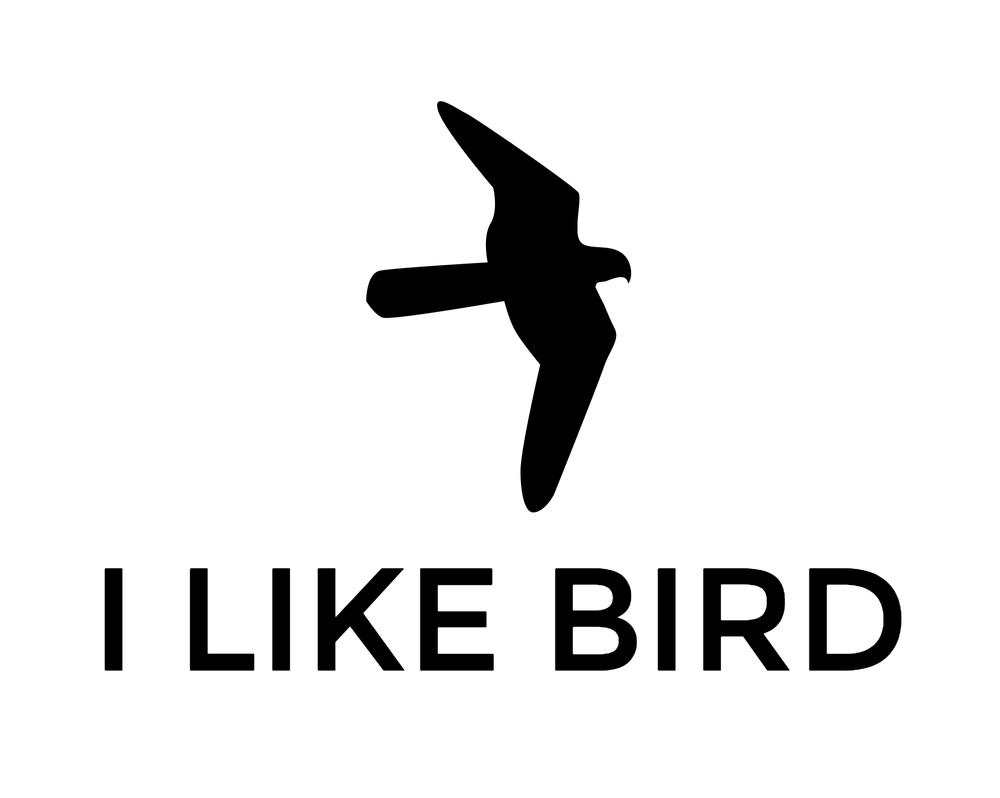FOR MORE BIRD PHOTOS, CLICK HERE
Three weeks ago I watched a pair of mallard ducks in Richmond Park leading nine ducklings through the long grass and across the water of Adam’s Pond.
Three weeks later, all nine had disappeared.
Similarly, a walk along the Duke of Northumberland River in Isleworth back in mid-April saw me stumble across a family of five ducklings. Now there are just two.
Most devastatingly of all, some of you may have seen my photographs of swan cygnets, merely minutes old, after hatching in Richmond Park on Tuesday. Sadly, they have all now perished.
On average, mallard ducks lay around 12 eggs in a clutch. Of these, around 10 will hatch. Only two chicks will survive until adulthood. If all 12 survived, we would be knee-deep in ducks!
Swans lay around five eggs. Again, only two usually survive.
So, where do they all go?
Nature can be cruel. We all love seeing lines of baby ducklings or cygnets swimming serenely across a pond. But the truth is these cute bundles of fluff are vital food sources for other animals desperately trying to raise their young.
Around 50 to 70 days must pass before ducklings are able to fly. During this period they are, well, sitting ducks!
The average survival rate in areas with a high number of predators can be as low as 10 per cent.
The following birds and animals will all eat ducklings and cygnets:
- Foxes
- Badgers
- Snakes
- Domestic cats
- Rats
- Pike fish (watch this video)
- Sparrowhawks
- Crows
- Jackdaws
- Magpies
- Jays
- Rooks
- Black-headed gulls
- Herring gulls
- Grey herons
- Out-of-control dogs
- Owls
- Mink
And it’s not just predators the babies must contend with – there’s the weather too. A cold snap or a period of sustained wet weather can lead to hypothermia during the early days. After all, their feathers take a while to fully form.
But please don’t get too down-hearted. Remember that this is just part of the big circle of life. Without the sacrifice of those baby chicks we would have fewer owls, foxes and sparrowhawks.
Incidentally, if you are wondering how a pike fish can eat a baby duck, click here.


